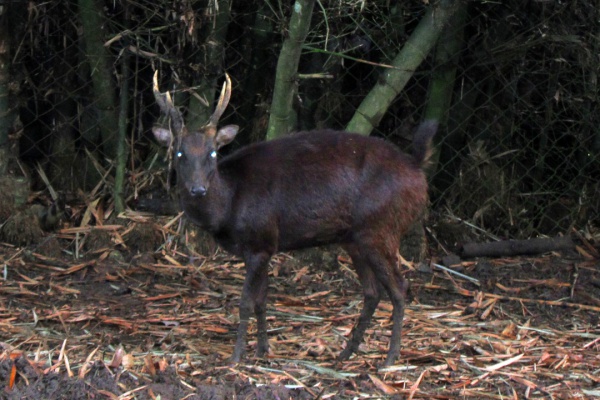Facts About Philippine deer
The Philippine deer, also known as the Philippine sambar or Philippine brown deer, is a vulnerable species endemic to the Philippines. This species was initially identified from populations introduced to Guam and the Mariana Islands. Scientifically named Cervus mariannus and classified under the genus Rusa, the Philippine deer has four recognized subspecies: R. m. marianna in Luzon, R. m. barandana in Mindoro, R. m. nigella in isolated upland areas of Mindanao, and R. m. nigricans in lowland areas of Mindanao.
Smaller than the larger sambar deer, the Philippine brown deer exhibits distinct characteristics such as body length, shoulder height, weight, and antler size. Its fur is predominantly brown with a white underside on its tail. These deer are distributed across various islands in the Philippines, but their populations are severely fragmented and declining due to habitat loss, deforestation, and hunting.
Philippine deer inhabit terrestrial environments up to 2,900 meters above sea level, often foraging in grasslands within primary and secondary forests. They are primarily nocturnal, feeding on grasses, leaves, fruits, and berries at night. The mating season spans from September to January, with females typically giving birth to a single fawn after a gestation period of around six months.
The species faces numerous threats, including habitat destruction, fragmentation, low fertility rates, and excessive hunting for their meat and the medicinal use of their antlers. Conservation efforts are ongoing to protect this vulnerable species, which has experienced a significant decline over the years.
In prehistoric times, the Philippine deer roamed the region, as evidenced by fossil records indicating their coexistence with other animal species. Notable variations exist among the deer on different islands, with those on Mindanao being smaller than their counterparts on Luzon. The exact taxonomic classification of these fossils and their relationship to the current Philippine brown deer remains unresolved.
